

Commissioning services
Overview
Objectives and actions
Action
Planned completion
Status
4.1.1
Utilise the NMHSPF tools consistently across Brisbane North to help project demand for mental health services and required service configuration
Planned completion
2021/22
Status
4.1.2
Utilise national and jurisdictional datasets for primary mental health care and alcohol and other drug treatment services, joint PHN and HHS needs assessments and other data, to collaboratively plan and co-design mental health, suicide prevention and alcohol and other drug treatment services
Planned completion
Ongoing
Status
On track
4.1.3
Develop a joint regional resourcing plan between commissioning agencies that underpins and aligns commissioning
Planned completion
2021/22
Status
On hold
Updated
4.1.4
Align funding approaches by key funding agencies, including scope, timing, service types, contract timeframes and reporting
Planned completion
2022/23
Status
4.1.5
Explore the potential for coordinating commissioning between funding agencies
Planned completion
2022/2023
Status
Action
Planned completion
Status
4.2.1
Further develop funding approaches that focus on strengthening Consumer outcomes
Planned completion
Ongoing
Status
On track
4.2.2
Facilitate commissioning approaches that enhance innovation and partner with people with a lived experience
Planned completion
Ongoing
Status
4.2.3
Reflect in budgets the full cost of service, including resources required for engagement and warm referral of all consumers accessing services
Planned completion
Ongoing
Status
On track
4.2.4
Explore and implement more flexible commissioning approaches that better fit the nature of services required, maximise collaboration and mitigate challenges associated with competitive tendering, including for Indigenous services
Planned completion
Ongoing
Status
On track
4.2.5
Utilise funding agreements with providers to promote service improvements in the areas of Lived/Living Experience participation, social determinants of health, recovery framework, family-inclusive practice, trauma-informed care, engagement, warm referral, service accessibility and evaluation
Planned completion
Ongoing
Status
On track
Governance
The Strategic Coordination Group (SCG) is the overarching governance mechanism for the Regional Plan, providing oversight and guidance across the whole Plan – including implementation, monitoring, review and evaluation. The SCG has direct oversight over implementation of Chapter Four – Commissioning Services and Chapter Five – Delivering Integrated Services within Planning for Wellbeing.
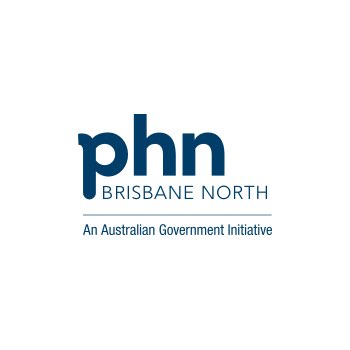
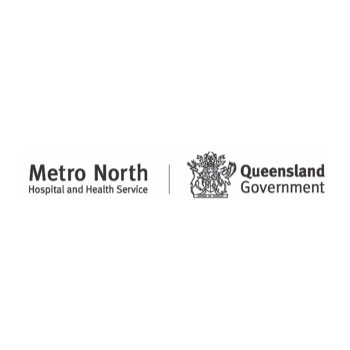
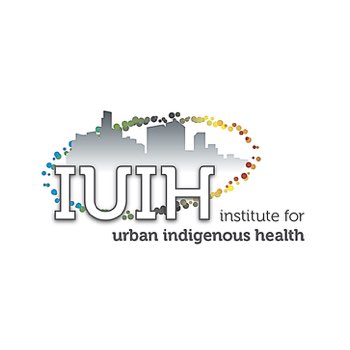
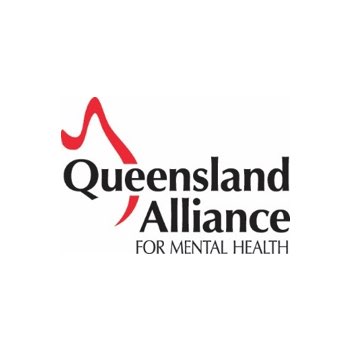
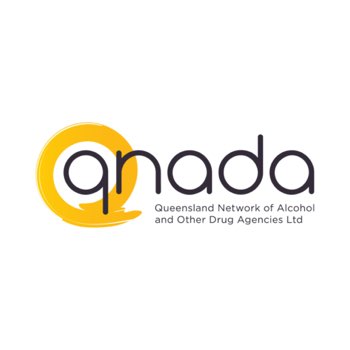
Membership
Adrian Carson
Chief Executive Officer
Institute for Urban Indigenous Health
Amanda Queen
Manager | Mental Health Reform
Brisbane North PHN
Beth Wilson
Director, Health Service Strategy And Planning
Metro North Health
Carmel Nelson
Clinical Director
Institute for Urban Indigenous Health
Chelsea Muscat
Development Coordinator | Mental Health
Brisbane North PHN and Metro North Health
Helen Taylor
Director, Alcohol and Other Drugs
Queensland Health, Mental Health and other Drugs Branch
Jennifer Black
Chief Executive Officer
Queensland Alliance for Mental Health
Kathryn Turner
Executive Director
Metro North Mental Health Service
Kathy Faulkner
Manager | Priority Communities
Brisbane North PHN
Kristen Breed
Acting Director
Queensland Health, Mental Health and other Drugs Branch
Leshay Chong
Regional Social Health Manager
Institute for Urban Indigenous Health
Mahalia King
Lived Experience Representative (Consumer)
Mark Fairbairn
Operations Director
Metro North Mental Health Service
Natasha Malmstrom
Lived Experience Representative
Paul Justice
Lived Experience Representative
Paul Martin
Executive Manager | Mental Health Alcohol and Other Drugs
Brisbane North PHN
Rebecca Lang
Chief Executive Officer
Queensland Network of Alcohol and Other Drug Agencies
Sandra Eyre
Senior Director
Queensland Health, Mental Health Alcohol and Other Drugs Branch
Shirley Anastasi
Director of Governance and Quality Management
Metro North Mental Health Service
Tina Pentland
Lived Experience Representative (Carer)
Achievements
Planning for Wellbeing acknowledges the complex mix of service systems and funding mechanisms that operate within the mental health, suicide prevention and alcohol and other drug treatment services in the region, and highlights the need to achieve greater alignment between these systems and approaches to ensure stronger outcomes for those who use the system.
Chapter four of Planning for Wellbeing is focused on achieving this alignment – specifically across commissioning approaches. A summary of the key achievements against the two shared objectives towards the alignment of commissioning approaches is included below.
Summary of Achievements
The actions to achieve this objective are focused on implementing practical strategies to improve alignment in commissioning approaches. Some work is already underway, including joint use of the National Mental Health Service Planning Framework (NMHSPF) as a shared resource to guide future commissioning, and improved coordination between funders to try to minimise duplication of services, minimise burden on providers, and maximise optimal outcomes for the community. Given commissioning timeframes are not short, it is expected that greater alignment of commissioning approaches will be possible in the outer years of implementation of the Regional Plan.
The actions to achieve this objective are focused on improving and strengthening approaches to commissioning to ensure consumer outcomes are prioritised – through revised funding mechanisms, innovative co-design processes, flexible procurement approaches, and strategies to ensure high quality service provision.
The PHN has engaged in a number of innovative review and co-design processes during 2018/2019, with strong engagement by people with lived experience. These have informed the development of revised service models – to better meet the identified needs of consumers, and have necessitated new funding models – to support the full cost of providing a holistic service which supports connection to other parts of the system. New procurement processes have enhanced the opportunities for collaboration, supporting providers to partner and deliver services in a more coordinated way.
Success stories
Using feedback to improve commissioning approaches
Objective 4.2: Improve Commissioning Approaches Action 4.2.1 & 4.2.3 Develop funding approaches that focus on…
Using the NMHSPF to plan for services
Objective 4.1: Align commissioning approaches between funding bodies Action 4.1.1 Utilise the NMHSPF tools consistently across…
Coordinated commissioning approaches in the region
Objective 4.1: Align commissioning approaches between funding bodies Action 4.1.4 & 4.1.5 Align funding approaches by…

